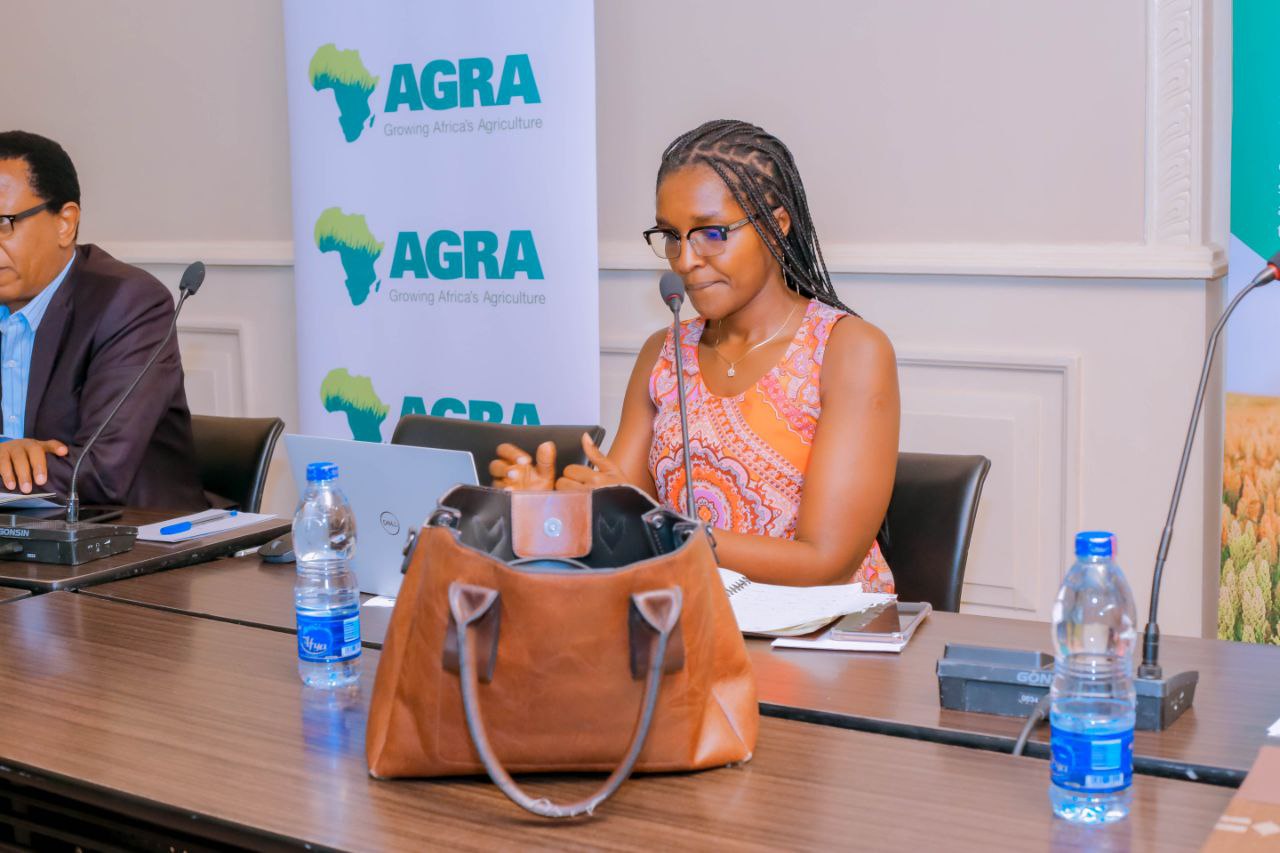
*
Dar es Salaam, 1st August 2021
Tanzania preparations to participate in the forthcoming United Nations Food Systems Summit are in full gear.
So far, about 11 broad-based and inclusive food systems dialogues have been convened to rally stakeholders to develop a comprehensive summary of recommendations and commitments for Tanzania that will be presented at the UN 2021 Food System Summit.
“Tanzania must be on the front seat in the food systems transformation, which requires public and private sector coordination, participation and investments. We want to ensure safe, nourishing, sustainable, equitable and resilient food systems to drive the growth of the local and export market,” notes the Director of the National Food Security Unit, Dr Honest Kessy.
Dr Kessy is also the convenor of dialogues in Tanzania in preparations for the UN 2021 Food System Summit.
The summit seeks innovative solutions to transform food systems and drive the progression towards the attainment of UN’s 17 Sustainable Development Goals (SDGs), implemented in Tanzania through national medium-term plans.
The second-largest economy in East Africa serves as the regions grains breadbasket but exports most of its grains and other agro produce unprocessed.
However, the country is implementing a flagship project to drive agro industrialization and turn the situation around.
At a national dialogue on food systems in Dar es Salaam recently, there was a consensus that improved food systems are a must.
It emerged that the country needs heavy investments to improve food systems to cement its place as the region’s agriculture powerhouse, building on its strong point in the grains market while addressing its weak issues.
The national dialogue in Dar es Salaam followed ten other conferences in the regions in Tanzania mainland and Zanzibar. The food systems dialogues involved public, private, and civil society sectors examining emerging issues to collate information to create a common position for the country to be presented at United Nations Food Systems Summit in September.
Alliance for a Green Revolution in Africa (AGRA) in Tanzania is a keen supporter of the food systems dialogues, and it has provided some financial support for some dialogues.
AGRA Tanzania County Manager Mr Vianey Rweyendela noted that Tanzania’s agriculture sector was at a turning point.
“With food self-sufficiency having been surpassed for several years, it is time to direct the excess production into agro-industrialization and commerce in general in ways that benefit the smallholder farmer in Tanzania,” he noted.
Mr Rweyendela noted the dialogues would help synthesize consolidated country position paper identifying opportunities that include practices, policies, actions, partnerships, and commitments for presentation to the UN 2021 Food System Summit.
Ms Neema K. Lugangira, Special seat Member of Parliament in Tanzania, representing NGOs, and Chair of Parliamentary Caucus on Food Safety was the guest of honour at the national dialogue in Dar es Salaam. To increase agricultural contribution to the gross domestic product, she argued that the government, private sector, and development partners must work together to strengthen food systems and raise farmers’ output.
She highlighted four key issues that need to be addressed urgently, namely: a review of policies, laws, regulations to improve and strengthen food systems; educating the population on nutrition; re-examine food systems anew from the source to the consumer, and increased allocation to the government’s budget to agriculture.
Mrs Clara Makenya, the UN environmental program resident coordinator in Tanzania, noted that food security and food systems are part of UN’s SDG 1 and 2. “Eradicating hunger and poverty are closely related to food,” she said.
Mr Richard Kipara, a small scale farmer from Arusha region, rooted for stakeholders to prioritise education around growing and handling food safely for market and consumption.
Mr Erasto Mndanda, a Small-scale farmer from Mvomero, Morogoro region called for public sector institutions handling agriculture issues to be harmonised and work as a team. “Those dealing with land, livestock, and agriculture must work together to avoid repetitive operations and address challenges collectively,” he noted.
Pictures
The Director of the National Food Security Unit, Dr Honest Kessy
